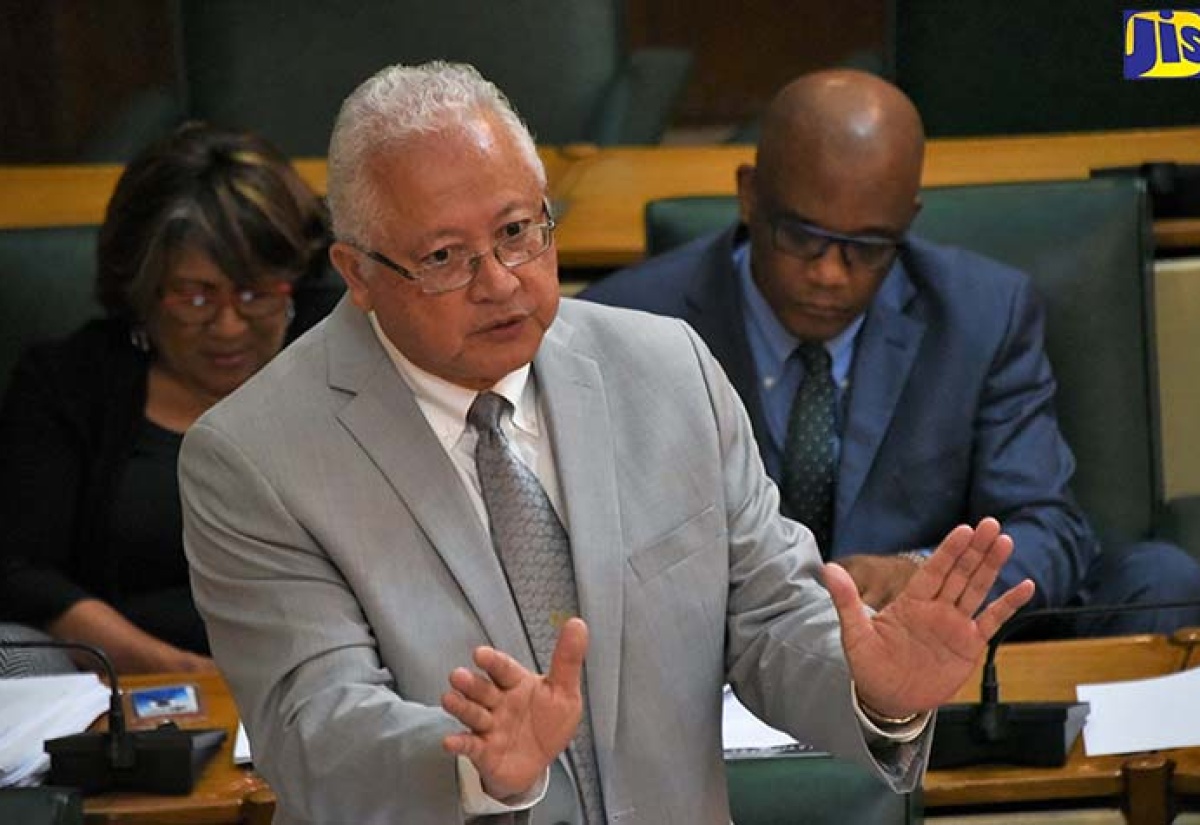Debate Begins on Child Diversion Bill
By: , February 5, 2018The Key Point:
The Facts
- Minister of Justice, Hon. Delroy Chuck, in opening the debate, noted that among the main objectives of the Bill are: ensuring that every child in conflict with the law is treated in a manner that recognises and upholds human dignity and worth; diverting the child away from engaging in deviant and delinquent behaviours; and instilling in the child respect for the fundamental rights and freedoms of others.
- Child diversion is a process of implementing measures for dealing with children who are alleged, accused or recognised to have infringed the penal law, without resorting to the formal judicial proceedings.
The Full Story
Debate on the Child Diversion Bill began in the House of Representatives on Tuesday (January 30).
The Bill seeks to enable the implementation of child diversion measures in dealing with children who come into conflict with the law.
Minister of Justice, Hon. Delroy Chuck, in opening the debate, noted that among the main objectives of the Bill are: ensuring that every child in conflict with the law is treated in a manner that recognises and upholds human dignity and worth; diverting the child away from engaging in deviant and delinquent behaviours; and instilling in the child respect for the fundamental rights and freedoms of others.
The Bill will also see to the establishment of a Child Diversion office; Child Diversion Committees; and a Child Diversion Oversight Committee. It also addresses the structure of the Child Diversion programme, the circumstances under which a child is to be referred, among other things.
Child diversion is a process of implementing measures for dealing with children who are alleged, accused or recognised to have infringed the penal law, without resorting to the formal judicial proceedings.
“Gone are the days when we ignore a child’s circumstances and focus only on the wrong that he or she did,” Mr. Chuck said.
He noted that research indicates that factors contributing to the number of children before the court include lack of adequate parental guidance, mental health issues and poverty, adding that it is therefore crucial that solutions are implemented to address the issues impacting these children and a holistic approach be taken towards addressing the underlying factors.
“In most cases, diversion of children provide greater benefit to the offender, the victim, and the society than the formal criminal justice process. The challenges faced by children in conflict with the law in Jamaica has brought into sharp focus the necessity for legislation which recognises and upholds the basic human rights of children who face the prospect of being deprived of their liberty,” Mr. Chuck said.
He added that as a party to the United Nations Convention on the Rights of the Child, Jamaica has a duty to put measures in place to deal with children who are accused of breaking the law, as they have the right to legal help and fair treatment in the justice system.
A National Child Diversion Policy was tabled in 2015 after consultation with all major stakeholders in Government, civil society and non-governmental organisations. Through this policy, a formal framework was established for dealing with children in conflict with the law throughout the criminal justice system and sought to ensure that detention of a child offender as punishment for anti-social behaviour was a measure of last resort.
One key objective of the policy was to develop the mechanism to not only divert children who come into conflict with the law, but also to empower them to become responsible and productive citizens through the use of methodologies which are consistent with restorative justice practices.


